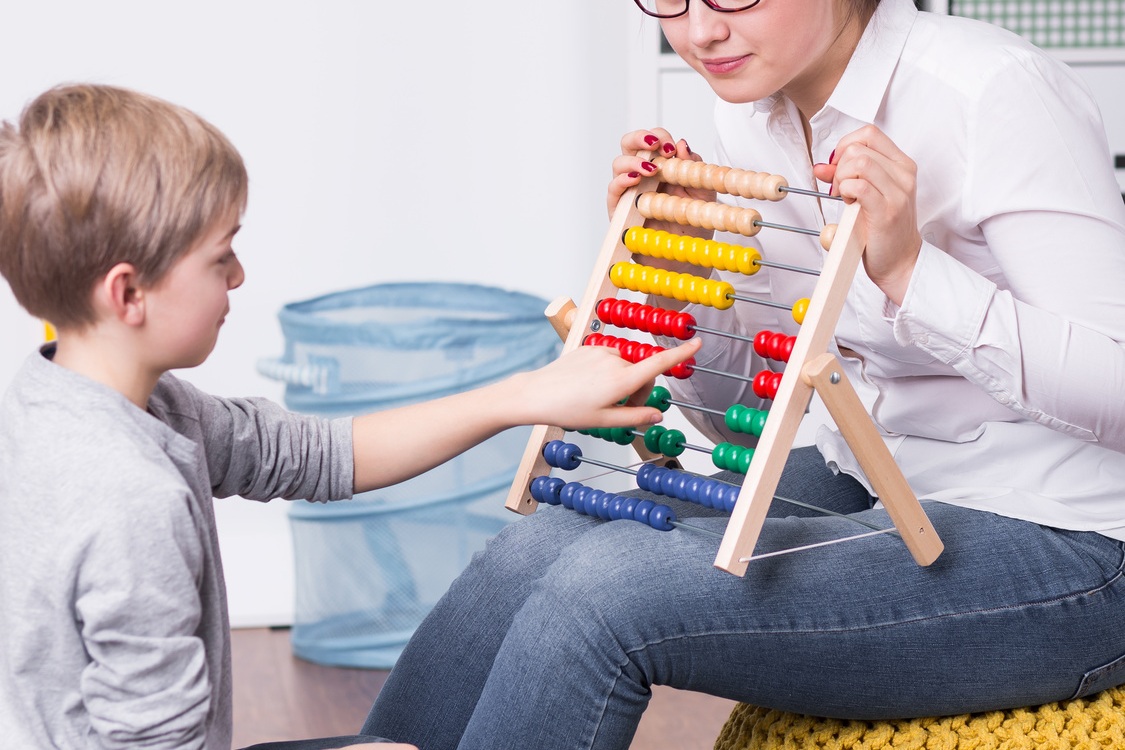We're Behind in Math — How Can We Catch Up?
My sixth grader is really behind in math. She was struggling when we pulled her out of school last year, and she’s still scoring at least one grade level behind in every placement test. I don’t want her to stress about math, but I also don’t want her to keep falling behind. How can we catch up?
I’m going to answer the question that you’re asking, but first I’d like to tell you something that I think might reassure you. My husband teaches high school math, and over the last five years, he’s become a popular tutor for unschoolers who want to take the SAT or ACT. Most of these kids come to him with no formal math experience—many don’t know their multiplication tables or that decimals and fractions describe the same thing. He usually gets them about a year or two before they want to actually take the test, but sometimes they only have six months together. And you know what? All of these kids have always learned enough math in that time to get a decent score on their official tests. Obviously this isn’t the strategy you’re taking with your daughter—but isn’t it kind of reassuring to know that even if you do fall behind, catching up is easier than you probably think it is?
On to your question: If your daughter’s placement tests are putting her a year behind, I’d forget forging ahead and instead let her work at the level she’s ready for. There are a couple of reasons for this. First, you don’t have to hold onto rigid ideas about grade levels when you are homeschooling. I bet you wouldn’t worry if your daughter were a year ahead in math, right? The longer you homeschool, the more you’ll realize that grade levels are kind of arbitrary, and the important thing is to choose the work your child is ready for, whatever the number on the workbook happens to be. Second, there’s a good chance that your daughter just missed a foundational step in math that’s making it hard for her to move forward—she might have missed a few days of class or had a not-great teacher or just not been ready to make the mental connection. There’s a really good chance that if you go back and work through that grade level together, she’ll pick up what she needs to know and be ready to move on— maybe in less time than you think. (And sometimes it helps to play out the worst case scenario because it’s not as bad as you thought: What if your daughter is always a level behind in math? Maybe she won’t take calculus in high school, which isn’t terrible unless she has her heart set on taking calculus or a career in engineering.) Remember: You don’t have to follow the math book problem for problem. You can find the areas that are tripping her up and spend most of your time on those, and move on as she masters concepts. By not making a big deal about “being behind,” you’re also teaching your daughter that it’s more important to understand something and be able to put it to use than it is to learn just enough to get through a set of test questions.
At the same time, consider ways you can make math more of a part of your everyday life. Stock up on board games that make math fun (see the spring 2017 for ideas) and living math books. Use an alternative approach to math, like Simply Charlotte Mason’s Pet Store Math, which lets kids pretend they’re the bosses of their own pet store, or Life of Fred, which turns math into a playful readaloud. (Life of Fred isn’t totally secular, but I feel like the places where it’s not are so ridiculously over-the-top that it’s easy to discuss them as you go.) Encourage kids to use math in everyday life: Split your pizza into eight even pieces, double a cupcake recipe for a party, or see if your budget will stretch to that new video game. There’s so much math in life that it’s not hard to find opportunities to just do it, without a formal book or any worry about what level it is.
I honestly think a combination of these two strategies—being okay with starting at the level where your daughter is and increasing the numeracy, or math literacy, quotient of your home—will help your daughter’s mathematic knowledge increase significantly. But if you’re really concerned about getting her up to a specific grade level, double-time your way through the math she tests into—if you’d usually do three lessons a week, do five or six—until she’s working at grade level. Really, though, I think this is a place where going with your daughter’s flow and trusting that she’ll get where she needs to go if you keep working together will serve your homeschool best.
This reader question was originally published in the spring 2017 issue of HSL.


